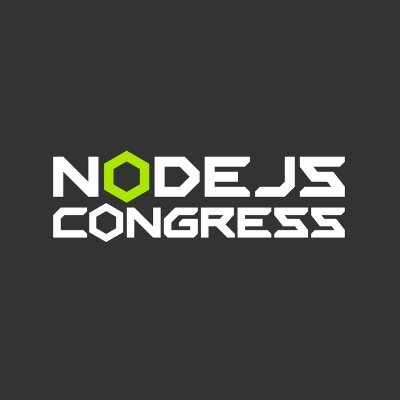Are you looking for a DBaaS you don’t have to battle with? If so, join us at our Couchbase Capella™ workshop.
Capella is our fully managed DBaaS – combining the best of relational and noSQL databases. Designed to reduce costs and admin overhead. The workshop is giving you the full rundown of the kinds of things you can accomplish with Capella.
Workshop table of content:
- Couchbase overview and architecture
- Couchbase Capella overview
- Data access: SQL for JSON, full text search
- Lab 1: SQL query, FTS query
- Break
- Lab 2: SDKs, API, Couchbase live playground
- Advanced topics, Q&A
Pre-req: laptop with internet connectivity.















